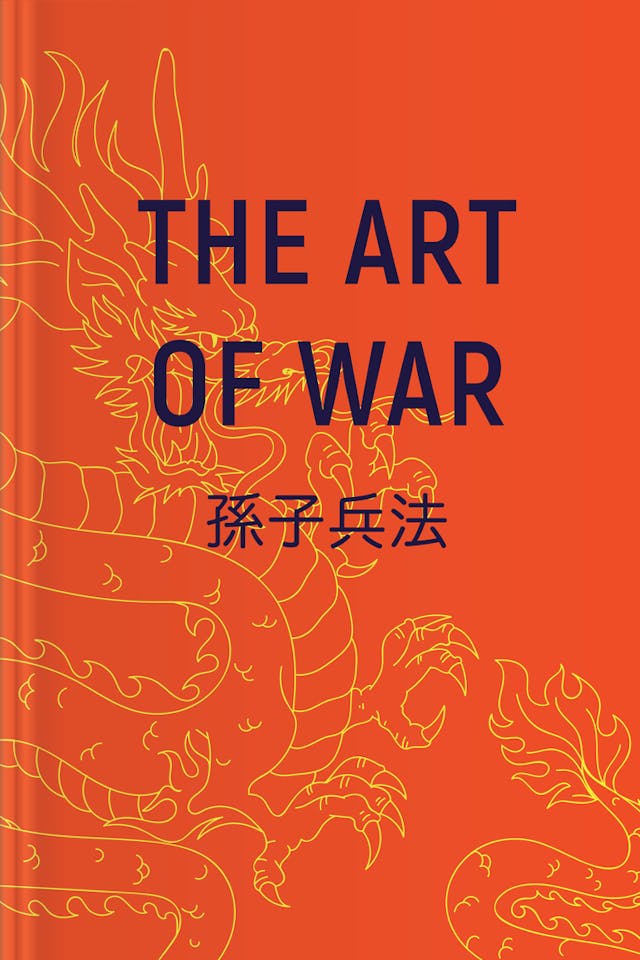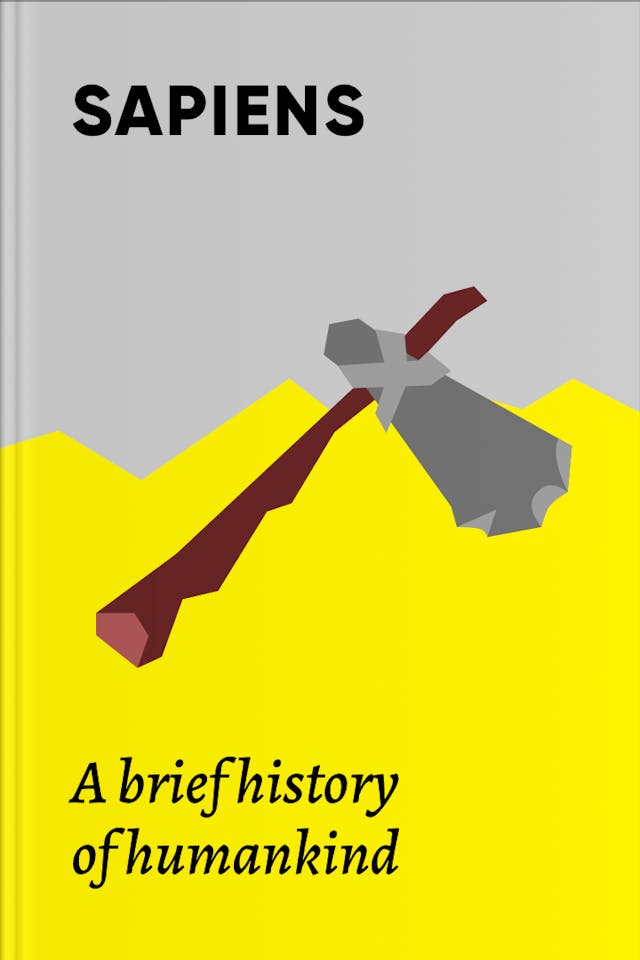
Short summary
Key points
Disillusionment, work, liberty, and equality are responsible for the shift from liberalism to nationalism
After the collapse of the fascist Nazi–led Germany, liberalism rose from the ashes of the Second World War in the 1940s as one of the two most viable models of governance with the second, communism, unable to stand the test of time. It is safe to say that the sole surviving model is on the brink of collapse, just decades after it edged out communism.
More than ever, human rights, the free market, and democracy, which have embodied liberalism in this era, are not as potent as before. For one, the advent of disruptive technologies like artificial intelligence — AI — Big Data, Blockchain, and cryptocurrency are threats to its survival as governments are increasingly finding it hard to catch up with the explosion of information technology and biotechnology.
Secondly, the economic growth that punctuates liberalism has resulted in ecological collapse, and the global warming crisis conversation continues to deteriorate. What makes this development more shocking is that liberalism has no viable alternatives. Also, the backpedaling of economies that had once championed the free will movement has not helped matters. We see this in America’s newfound isolationism mantra and the hasty Brexit campaign of the British.
However, note that this does not mean that the Western world is denouncing the fundamentals of liberalism altogether. Instead, they want to practice it within their borders and sideline globalization.
For this to happen, human beings must continuously reinvent themselves to keep up with robots’ cognitive capacity. And those who are not capable of acquiring new skills will become irrelevant whenever their jobs become automated.
As we continue to delegate more jobs that rely on cognitive reasoning to machines, they will understand us more than we know ourselves






